SONG OF THE YEAR
UAE National Song
https://www.youtube.com/watch?v=o7KpDBYYB4Q
SONGS OF THE WEEK
ARABIC SONG
UmmiRabbatul Baitin
https://www.youtube.com/watch?v=z1pf06632DI
To listen to the song of the week for our Babies, kindly click on the link below:
Head, Shoulders, Knees and Toes
https://www.youtube.com/watch?v=h4eueDYPTIg
To listen to the song of the week for our Playgroup I, kindly click on the link below:
Five Little Monkeys
https://www.youtube.com/watch?v=TPuZKw3ND-0
To listen to the song of the week for our Playgroup II, kindly click on the link below:
Walk Around the Farm
https://www.youtube.com/watch?v=EwIOkOibTgM
To listen to the song of the week for our Foundation Year, kindly click on the link below:
Little Bo Peep
https://www.youtube.com/watch?v=fjN2qXGFp24
Pet Animals & Farm Animals visit the Nursery
OUR BABIES
Babies are not only growing physically
during the first 2 years of life, but also cognitively (mentally). Every day
while they interact with and learn about their environment they are creating
new connections and pathways between nerve cells both within their brains, and
between their brains and bodies. Babies begin to grow and learn about
their environment through their senses, they begin to engage in intentional,
goal-directed behaviors and object permanence, which are the highlights and
major accomplishments of infant cognitive development.
OUR PLAYGROUP I
Between the ages of 18 and 24 months,
toddlers begin to be symbol-oriented, which means that they create a
general image of things in their minds and retain them as examples of some
objects. They may create in their mind a picture of a stuffed bear, and use it
to represent other stuffed animals they may play with or later see. Because of
this, babies may look for their favorite stuffed animal in the toy basket
because they know that's where it's kept even if they didn't see their
caregivers put it there. As well, toddlers' recall and recognition
memory also improve greatly. Around age 21 months, toddlers learn scripts, or
routines, about how certain things are done. For example, they learn that to
"go somewhere in the car," Dad and toddler go out to the garage, Dad
buckles baby in the car seat, and then Dad climbs in the front seat and starts
the car.
OUR PLAYGROUP II
At around age 3,
children’s imaginations and language skills seem to get supercharged. They’re
figuring out all kinds of words, making up stories and play activities, and
learning to build relationships. Mixed in with all this fun, they’re also
trying to learn right from wrong and how to manage their feelings, which can
sometimes overwhelm them. As the child enters into his third year, he is
able to:
- Find things even when they're hidden under two or three layers
- Starting sorting shapes and colors
- Complete sentences and rhymes in familiar books
- Play simple make-believe games
- Follow two-part instructions (such as "drink your milk, then give me the cup")
The child's grasp of language
is increasing and he's now starting to solve problems in his head. He's also
beginning to understand time concepts like, "I'll read you a story after
we brush your teeth."
He'll start to understand
the concept of numbers, so you can introduce counting. His play will become
more complex and he might create an elaborate scene for one special toy rather
than moving from one toy to the next.
The child will start asking lots of
questions. "Why is the sky blue? Why do birds have feathers?"
Questions, questions, and more questions! While it may be annoying at times,
asking questions is a normal developmental milestone. In addition to asking
"why?" all the time, the 3- to 4-year-old is able to:
- Correctly name familiar colors
- Understand the idea of same and different, start comparing sizes
- Pretend and fantasize more creatively
- Follow three-part commands
- Remember parts of a story
- Understand time better (for example, morning, afternoon, night)
- Count, and understand the concept of counting
- Sort objects by shape and color
- Complete age-appropriate puzzles
- Recognize and identify common objects and pictures



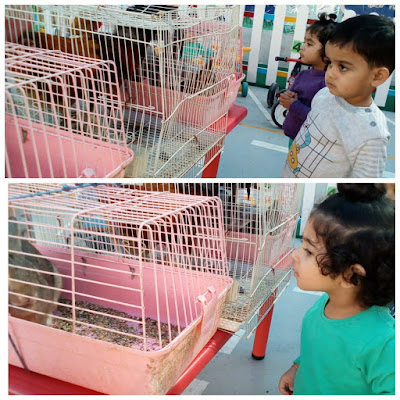
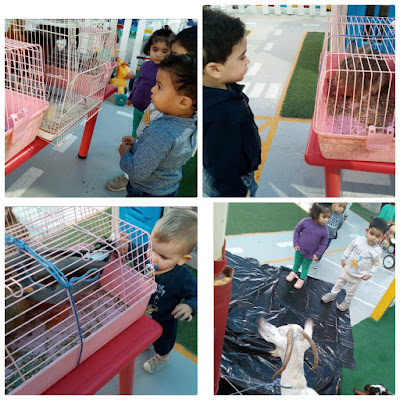






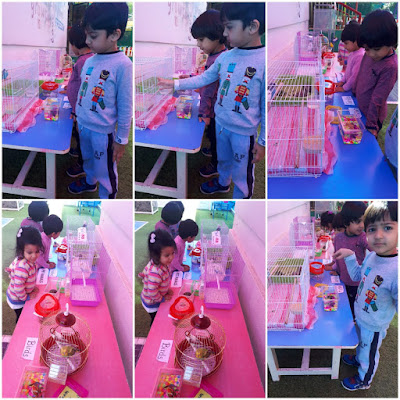



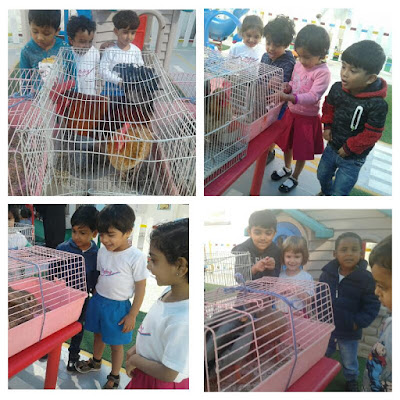


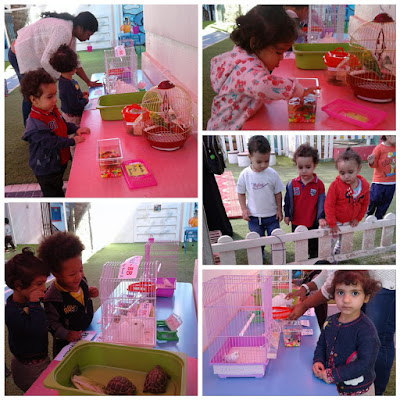
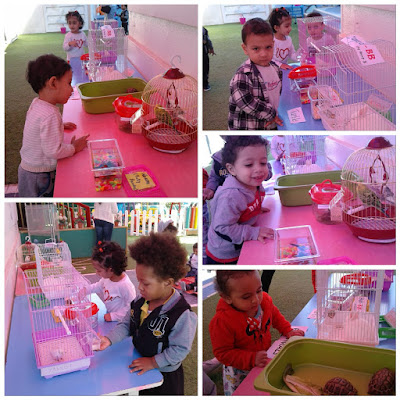







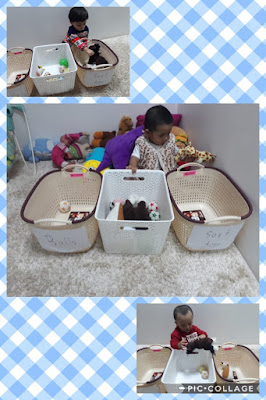

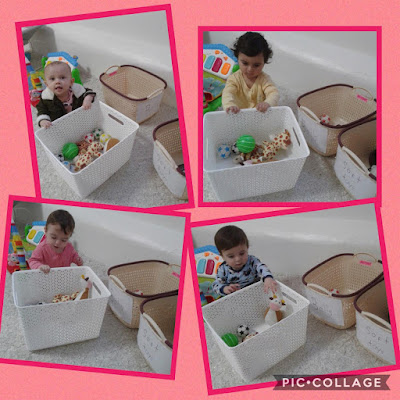



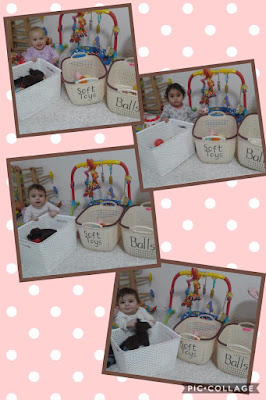







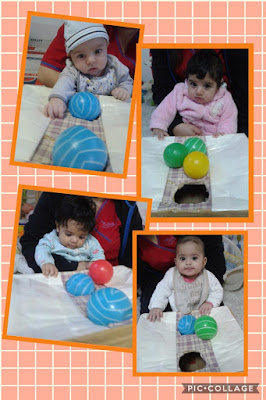










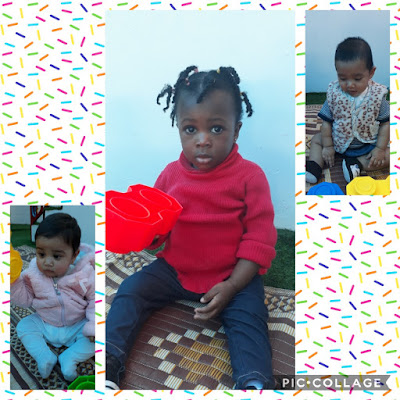

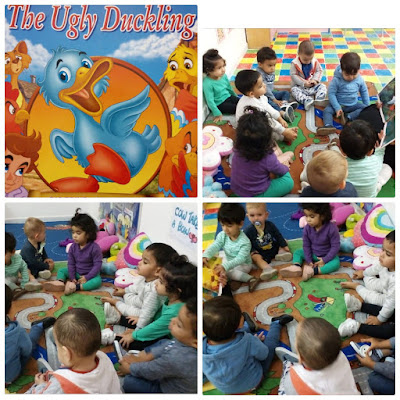
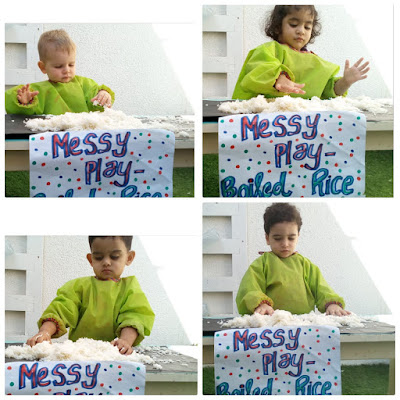










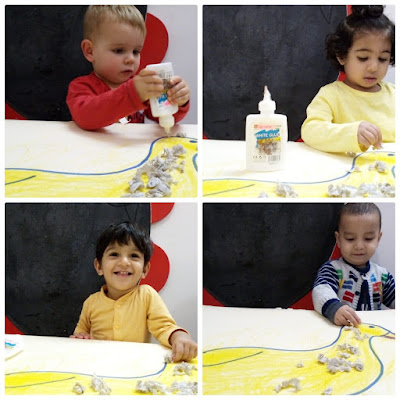













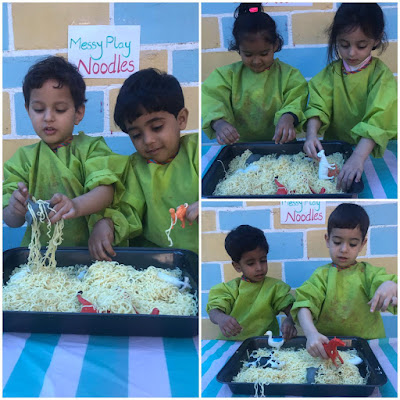



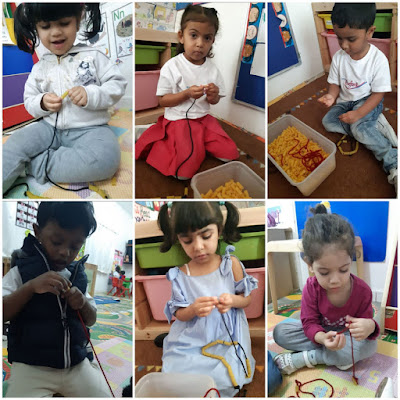

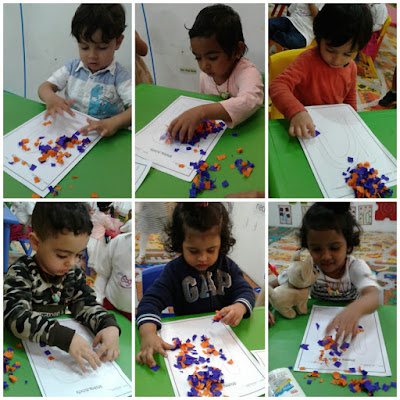
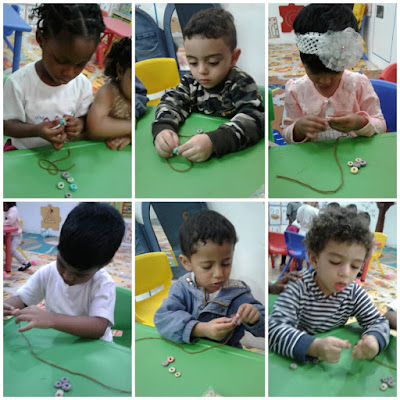


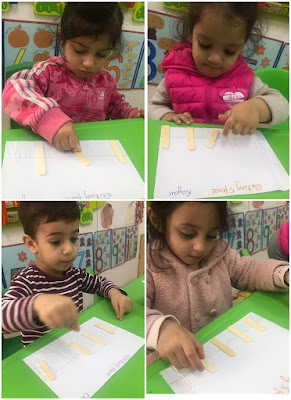



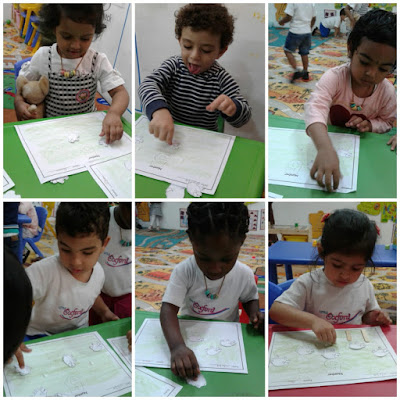










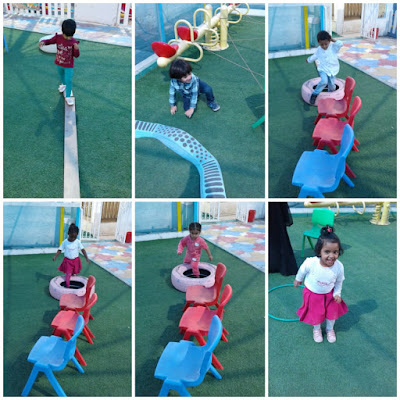
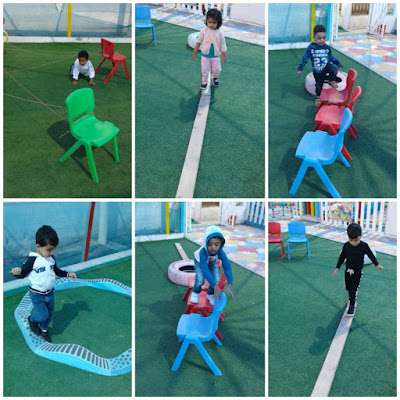
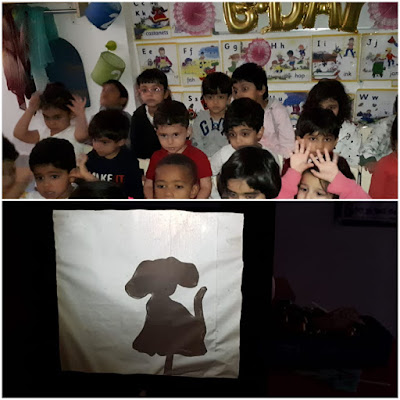



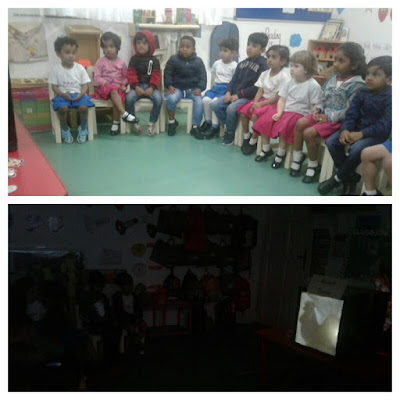
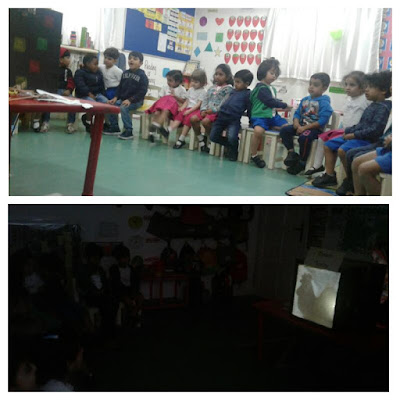
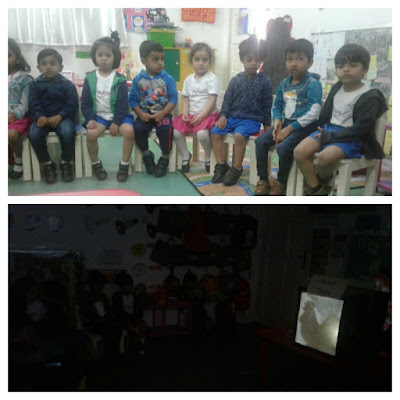




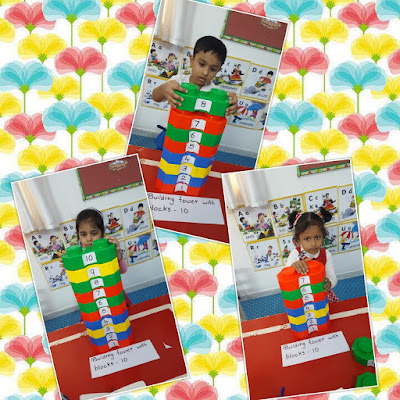

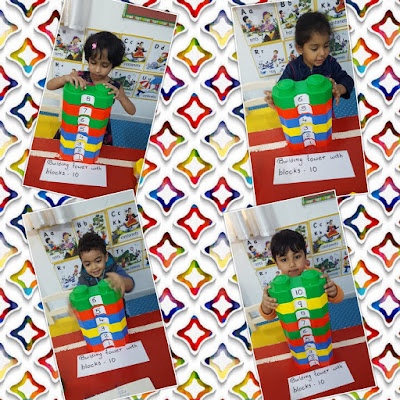
















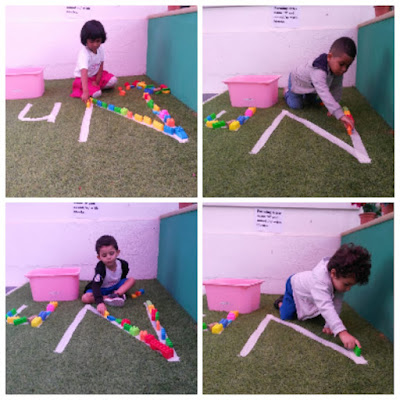





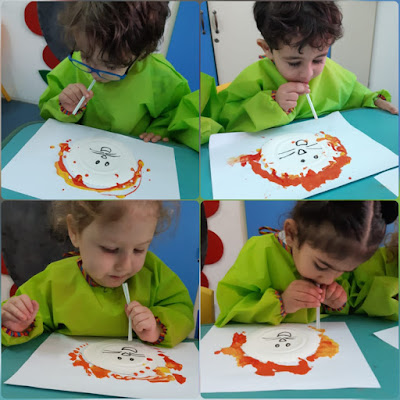


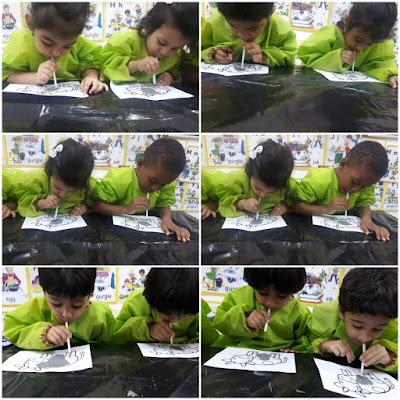



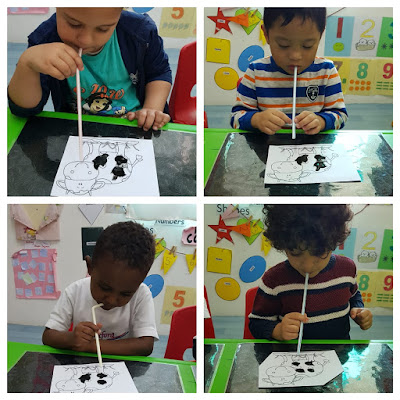






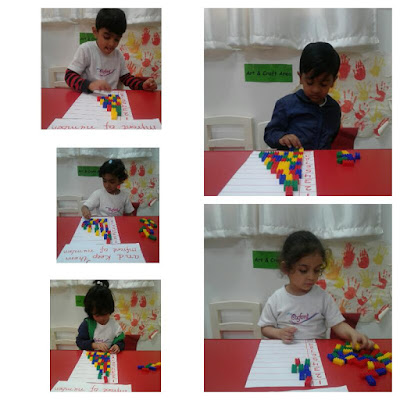
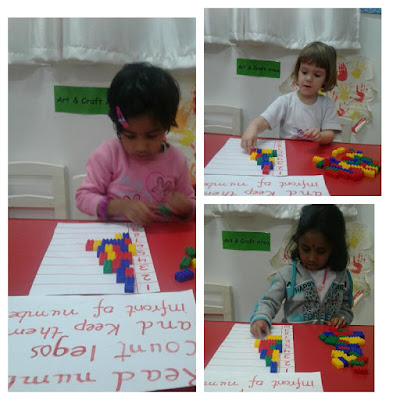
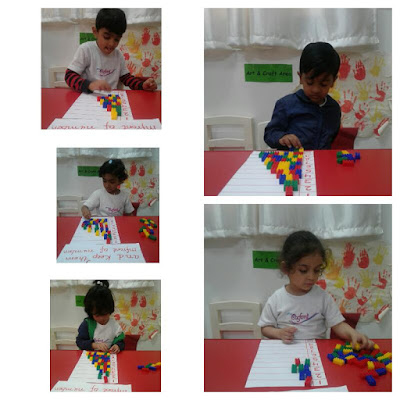





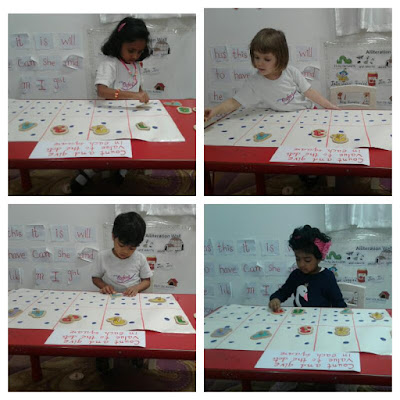
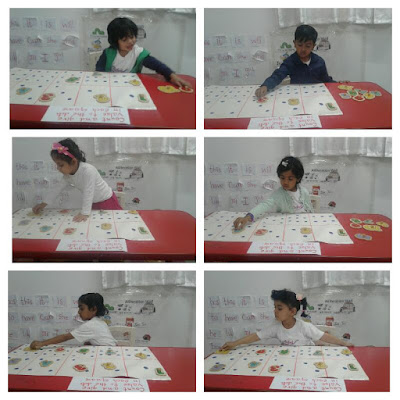











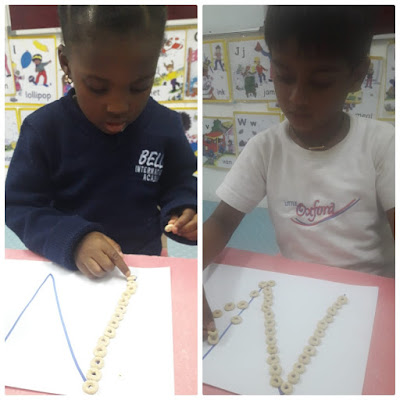






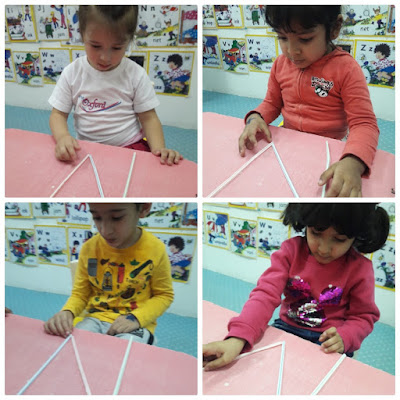
No comments:
Post a Comment